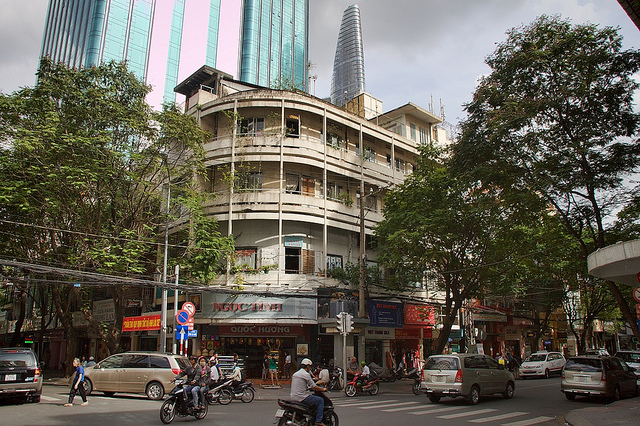Topical:
Immigration news
Business travel to Vietnam is about to become easier following a recent announcement that Vietnam will shortly join sixteen other participating Asia-Pacific Economic Cooperation economies in the APEC Business Travel Card program.
Vietnam expects to commence its APEC Business Travel Card operation early in 2006.
The APEC Card is credit-card size, contains personal identity details, substitutes for a visa, and is valid for up to three years for multiple short-term business visits.
Slovakia has initiated a pilot scheme to help its unemployed immigrate to neighboring countries. The Jobs Abroad scheme means any Slovak on unemployment for more than three months can ask for a ticket to another EU country.
Applicants have to convince officials that they have the chance of a job to get a full refund. Nearly one in five Slovakians — 17.5 per cent — are out of work in a population of 5.4 million — the second highest rate in the EU after Poland. The average wage is £136 a month.
Foreign investors wanting to live in New Zealand will have to hand over more than $2 million to the Government under new rules announced 15 June. In other changes to the category, applicants would have to be younger than 54 and have at least five years' business experience.
Immigration Minister Paul Swain said that under the rules, starting from 4 July, investors wanting residency will have to hand over the money to the Government for five years. It would then be held by Treasury and invested in local infrastructure. The only interest paid would be the rate of inflation.
Plans to introduce identity cards in the UK have suffered a serious setback with the publication of a poll that discovered increased public opposition to the scheme. Ministers argue that the measure is essential to combat identity fraud, terrorism and fraudulent use of public services. They have also insisted that a clear majority of voters back it.
The ID cards are expected to cost around GBP 5.8 billion.
The Governor of the Bank of England warned that UK inflation will be higher if eastern European workers stop coming to the UK. There is a fear that the large flow of immigrants in the past year was a one-off situation, resulting from EU enlargement in May 2004.
In a speech to business leaders, Mervyn King said immigrant workers appeared to have helped the British economy by restraining wage growth at a time when unemployment is at a 30-year low.





